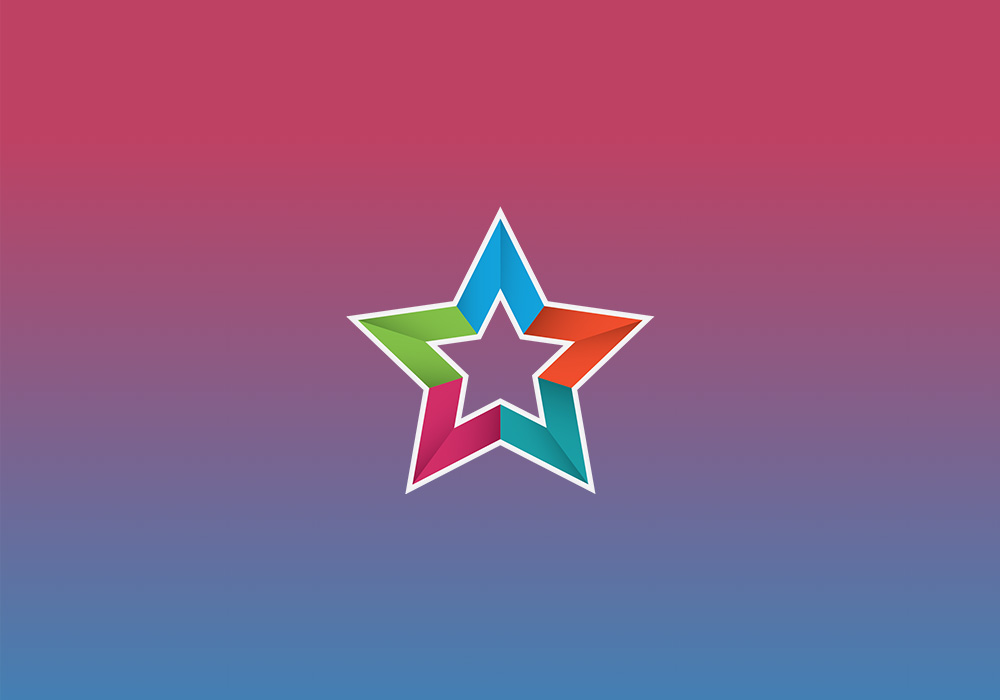 Alcoholism or drug dependence can be painfully hard to help someone overcome. While at times ignoring the problem may seem easier, in the long run denying it or minimizing it is more damaging to you, other family members, and the person for whom you are concerned.
Alcoholism or drug dependence can be painfully hard to help someone overcome. While at times ignoring the problem may seem easier, in the long run denying it or minimizing it is more damaging to you, other family members, and the person for whom you are concerned.
Individuals with substance abuse disorders often have a mental health condition at the same time and vice versa (SAMHSA). When this happens, it is classified as a co-occurring disorder. According to the Substance Abuse and Mental Health Services Administration (SAMHSA), 8.9 million adults have co-occurring disorders and only 7.4 percent of those individuals receive treatment for both conditions. And even more shockingly 55.8 percent of the 8.9 million are not receiving any treatment at all. Even though there is not a magic formula to help someone who is addicted to drugs or abusing alcohol, there is help.
Tips To Get Started
How can you get started to help someone you care about who may be drug dependent or struggle with alcoholism? Here are few suggestions:
- Speak Up and Offer Your Support:
It is critical you speak up. If you are concerned about someone you are close with or care about, please talk to that person about your concerns and offer your support. The earlier addiction is treated, the better.
- Help, But Don’t Enable
Don’t allow the addict to avoid the consequences of their mistakes. Enabling creates an atmosphere in which the addict can comfortably continue his/her unhealthy behaviors. Many people do not seek help until they get “the gift of desperation.”
- Remember Addiction is a Brain Disease
Drug abuse causes persistent changes in structure and function in the brain. Once neurochemical changes have occurred with use, the compulsion to use is no longer voluntary.
- Express Love and Concern
It is very important you act immediately. Do not wait for them to overcome it on their own. Even if you are afraid they will not hear you out or you will be met with anger, be strong and respond with specific examples how his or her behavior has worried you.
- Don’t Expect the Person to Stop Without Help
After you have expressed your concerns, don’t just let them make promises to stop—encourage them to seek support within their community and find a treatment program.
- Addiction is a Family Disease
The “designated patient” is not the only family member who should seek help. Al-Anon or family counseling is a good place to start.
- Take Care of Yourself
Taking care of someone else and being a support system can be draining; so draining people often neglect to take care of themselves.
- Treatment Works and Relapse Happens
Sometimes it takes more than one episode. But remember, just because they didn’t get it last time, doesn’t mean they won’t this time.
- Do Not Self-Blame
Blaming yourself when a person with a substance abuse problem does not change his or her behavior is not your fault. You cannot control their decision. Letting that person accept responsibility for his or her actions is a critical step to the path of recovery for someone with a drug or alcoholic addiction.
- Support Recovery as a Lifetime Commitment
Recovery is a lifetime commitment. Even though your loved one is receiving treatment or going to meetings, it is important you stay involved in their journey. Maintaining your commitment to support them, continually showing you care, and showing you are about their success in long-term recovery will only help maintain their commitment.
- There is Hope
Thousands, if not millions, of people are living lives in long-term recovery. They may teach at your children’s schools, provide your healthcare, or be a part of the police force in your town. Addiction is an equal opportunity disease, but there is a solution. People do recover.
Need Support?
For more information and referrals in dealing with addiction, 24/7, call the Tennessee REDLINE at (800) 889-9789
Local to Middle Tennessee?
The STARS Youth Overcoming Drug Abuse (YODA) program located in Nashville, TN, provides compassionate care for adolescents and young adults with substance use and co-occurring disorders. YODA provides free treatment services to youth ages 13-18 who are uninsured or have insurance that will not pay for treatment.
Visit us at the Youth Opportunity Center
1704 Charlotte Avenue, Nashville, TN 37203, or visit our website.
For referral & intake call our confidential line: (615) 983-6809
National Helpline: 1-800-662-HELP (4357)



